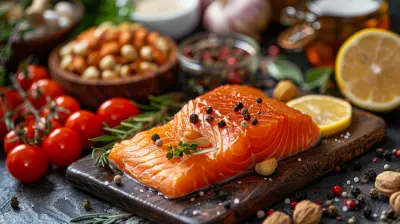The Importance of Portion Control
24 November 2025
Let’s talk about something that often gets pushed to the back burner when we think about healthy living—portion control. We all hear about cutting sugar, avoiding processed foods, and eating more greens, but rarely do we give portion sizes the attention they deserve. Yet, here's the real kicker—portion control could be the missing puzzle piece to your wellness journey.
Think of your body like a car—fill it with too much fuel, and you risk overflow. Feed it too little, and it stalls. Portion control is about finding that sweet spot, the perfect amount that keeps your engine running smoothly.
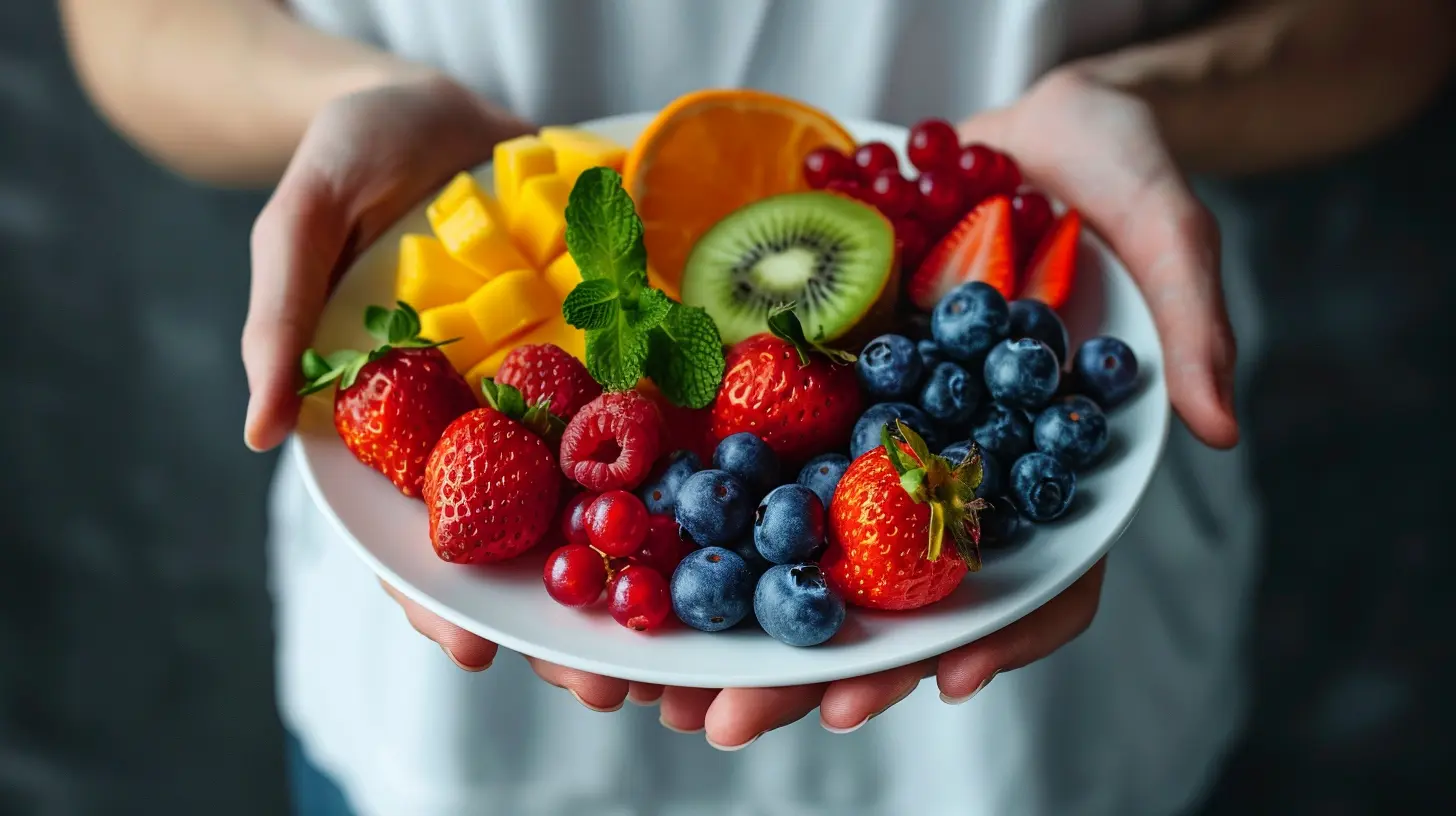
What Is Portion Control, Really?
Alright, so let’s break it down. Portion control means being mindful of how much food you’re putting on your plate and ultimately into your body. It’s not about depriving yourself or eating bird-sized meals but rather understanding how much your body actually needs versus how much you feel like eating.In our fast-paced, super-sized world, it’s easy to lose sight of this. Portion sizes at restaurants have ballooned, and so have our plates at home. The line between satisfaction and overindulgence? It’s gotten blurry.
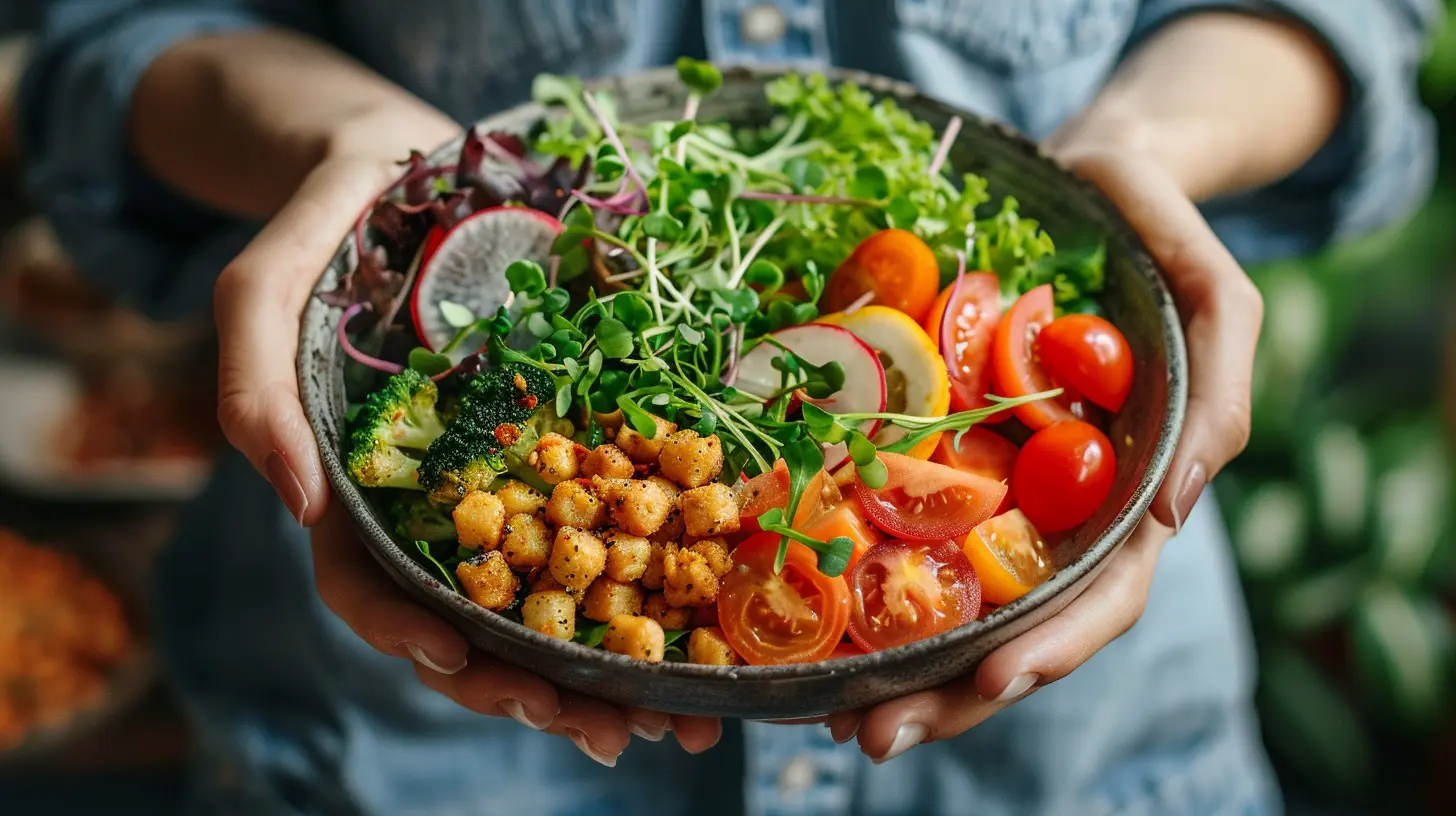
Why Portion Control Matters
You might be wondering, “Isn’t eating healthy food enough?” Well, not quite. You can still gain weight eating healthy food if your portions are too large. It’s easy to let even nutritious meals tip the scale if we’re not paying attention. Here’s why portion control deserves your full attention:1. Weight Management Becomes Simpler
Let’s face it—most of us have tried some kind of diet at least once. Keto, paleo, low-carb, intermittent fasting—you name it. While these diets may work for some, they often aren't sustainable in the long run. But portion control? That’s something you can carry with you for life.When you control portions, you naturally reduce your calorie intake without the need to cut out entire food groups. It's a gentle, flexible approach—no extremes, no rules that make you feel like you're failing. Just balance.
2. Boosts Your Metabolism
Your body is smart. Feed it too much, and it stores the excess. Feed it too little, and it slows down the metabolism to conserve energy. Portion control helps you stay in that golden middle ground, where your metabolism can function optimally.Regular, appropriately-sized meals keep your energy levels stable and your metabolism humming like a well-tuned guitar string. It’s about feeding your body what it needs—not more, not less.
3. Prevents Overeating and Bloating
Let’s be honest: we’ve all had those meals where we leave the table in a food coma, promising ourselves we’ll never eat that much again. The unbuttoning of pants? The post-meal nap? Yeah, we’ve been there.Portion control helps you avoid getting to that point. When you stop eating at the right time, you feel comfortable and energized, not sluggish and stuffed.
4. Improves Digestion
Overloading your stomach with large meals can overwhelm your digestive system. Imagine trying to fit a week’s worth of laundry into one load—it doesn’t go well, right? Your digestive system is kind of like that.Smaller, balanced meals are easier on your gut. They give your body a chance to properly digest and absorb nutrients, which can help reduce issues like indigestion, acid reflux, and bloating.
5. Empowers Mindful Eating
When you’re focusing on how much you eat, you're more likely to pay attention to what you're eating. This leads to more intentional food choices. You end up listening to your body more—“Am I hungry? Am I full?”—rather than eating out of habit or emotion.Mindful eating is the secret sauce to developing a healthy relationship with food, and portion control is a big part of that recipe.
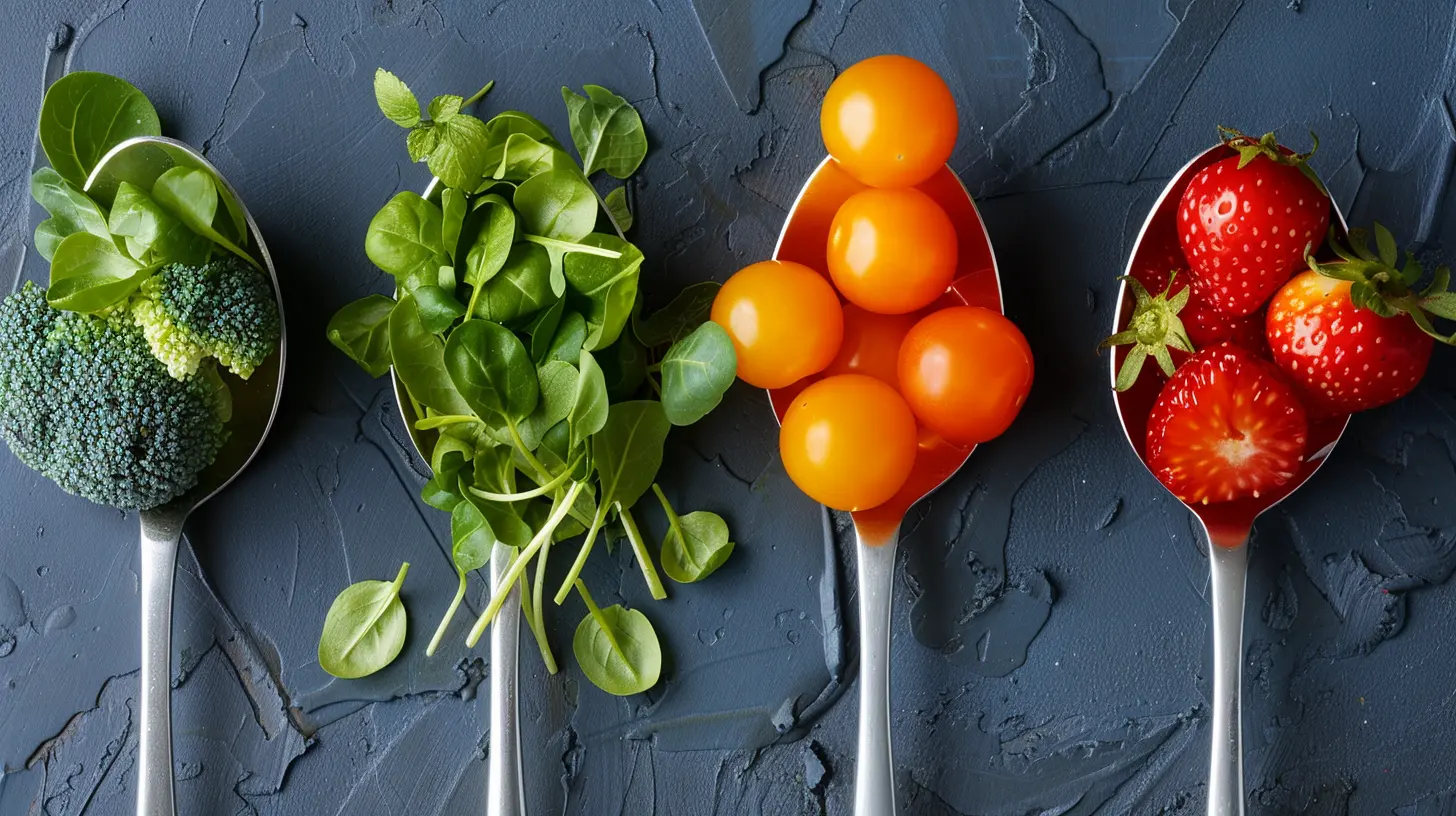
Portion Control vs. Serving Size: Know the Difference
Here’s where a lot of people get tripped up. Serving size and portion size are not the same. The serving size is what’s listed on a product's nutrition label—it’s a standardized amount determined by the manufacturer or FDA.Portion size, however, is the amount you actually eat. For example, a bag of chips may list the serving size as 10 chips, but if you eat 30, your portion is three servings.
Understanding this difference can be a game-changer. Reading labels and being aware of the serving size helps you better gauge your portion size and stay within your health goals.
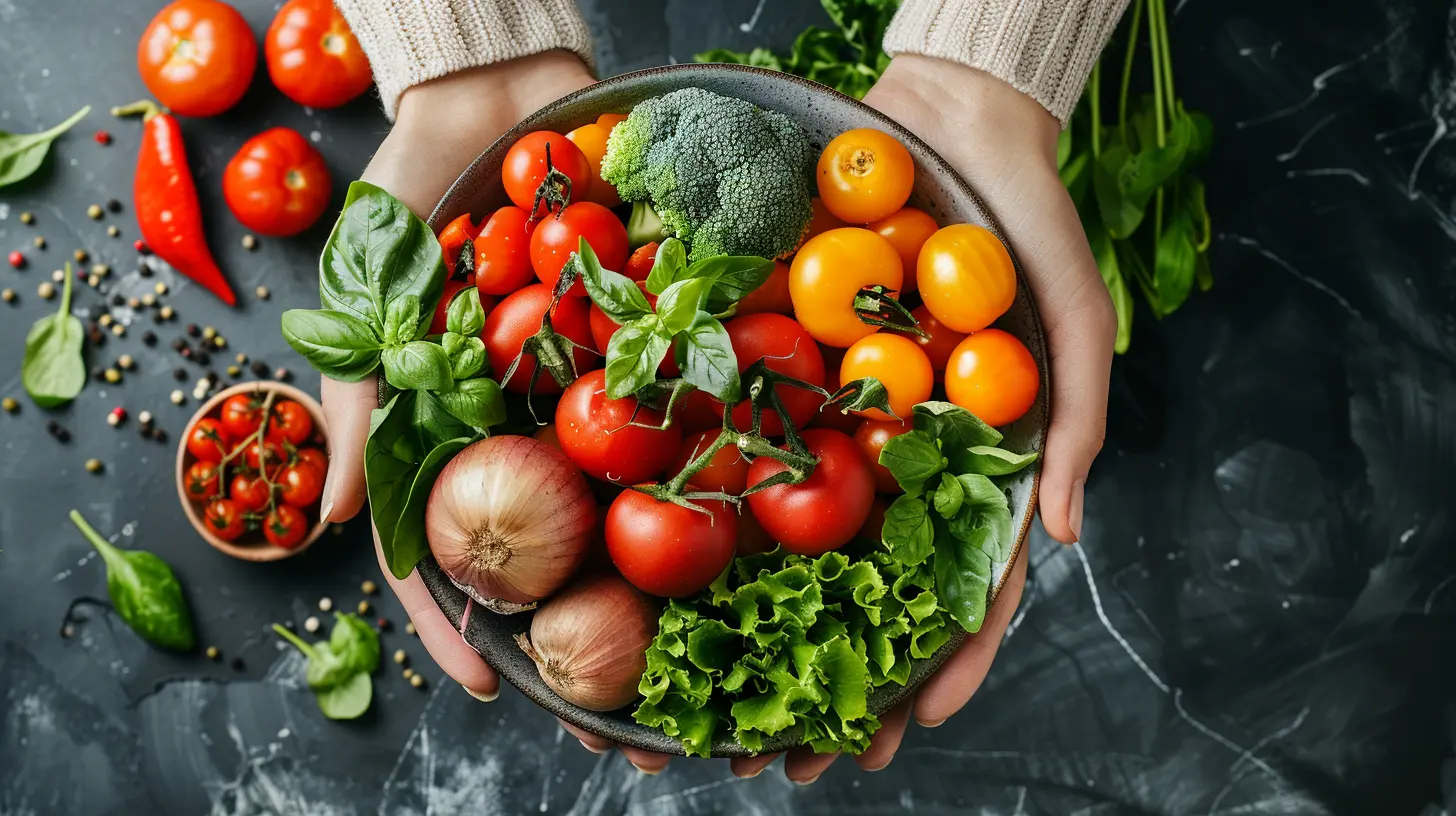
Simple Tips to Master Portion Control
Okay, now that we’ve hyped up portion control, how do you actually do it? Here are some simple, no-BS tips to help you nail it:1. Use Smaller Plates and Bowls
Sounds too easy, right? But trust me—it works. Our brains are wired to eat what’s in front of us. Smaller plates make your servings look bigger, which can trick your brain into feeling satisfied with less.2. Pre-Portion Your Snacks
Ever sat down with a big bag of trail mix, only to realize you’ve eaten half the bag before the movie even started? Yeah, same. Instead of eating straight from the bag, portion out a serving into a small bowl or container.This creates a physical boundary—it’s much easier to stop eating when you're not reaching into an endless supply.
3. Fill Half Your Plate with Veggies
If you want volume without overloading calories, veggies are your best friend. They’re high in fiber, low in calories, and make you feel full without the calorie bomb.Make it a goal to fill at least half your plate with non-starchy veggies like spinach, zucchini, cauliflower, peppers, or broccoli.
4. Be Mindful of Liquid Calories
Portion control doesn't just apply to solid food. That latte, smoothie, or glass of wine can pack in more calories than you think. Just because it's in liquid form doesn't mean it's harmless.Use smaller cups or glasses, and try tracking drinks just like you would food.
5. Don’t Eat Straight from the Container
Whether it’s ice cream, cereal, or popcorn—eating straight from the container sets you up for failure. Instead, scoop or pour a portion into a bowl and then put the container away. Out of sight, out of mind.6. Chew Slowly and Savor Every Bite
It takes about 20 minutes for your stomach to send the signal to your brain that you’re full. If you scarf your food down in 10 minutes, you’ll likely overeat before realizing you're satisfied.Take your time. Enjoy your food. It’s not a race.
7. Plan Your Meals Ahead
When you’re starving and don’t have anything prepped, it’s super easy to overeat. Planning your meals in advance gives you control over ingredients and portion sizes. Plus, it saves time and stress during the week.How Portion Control Creates a Ripple Effect
Here’s the cool part—once you start practicing portion control, the benefits trickle into other areas of your life.- You're more productive because you're not constantly sluggish from overeating.
- Your grocery bills go down, since you’re eating just what you need.
- You become more in tune with your body’s hunger and fullness cues.
- You sleep better because you’re not digesting heavy meals late at night.
It’s like tossing a pebble in water—it starts small, but the effects ripple outward.
Portion Control Isn’t About Perfection
Let’s get real: no one nails portion control 100% of the time. And that’s okay. Life is meant to be enjoyed, including the occasional oversized slice of cake or indulgent dinner.The goal isn’t perfection, but progress. The more aware you become of your portions, the easier it becomes to make better choices most of the time—and that’s what truly matters.
Final Thoughts: You’ve Got This!
Portion control isn’t just a diet trick. It’s a lifestyle skill, a form of self-respect. It says, “I care about how I nourish my body.” And guess what? You don’t need fancy meal plans, expensive products, or apps to do it. All it takes is a little mindfulness, a little practice, and a whole lot of self-love.So the next time you sit down for a meal, take a moment. Pause. Ask yourself, “Is this enough? Am I eating to fuel my body or just to fill space?” That small moment of awareness could be the spark that changes everything.
Remember, food is meant to be enjoyed—but in the right amounts, it becomes not just nourishment, but empowerment.
all images in this post were generated using AI tools
Category:
Healthy ChoicesAuthor:

Laurie Barlow
Discussion
rate this article
1 comments
Jaxon Lamb
Portion control: because your plate shouldn’t be a buffet and your waistline will thank you!
November 29, 2025 at 5:05 AM

Laurie Barlow
Absolutely! Portion control is key to maintaining a healthy lifestyle and mindful eating habits. Your waistline will indeed appreciate it!


